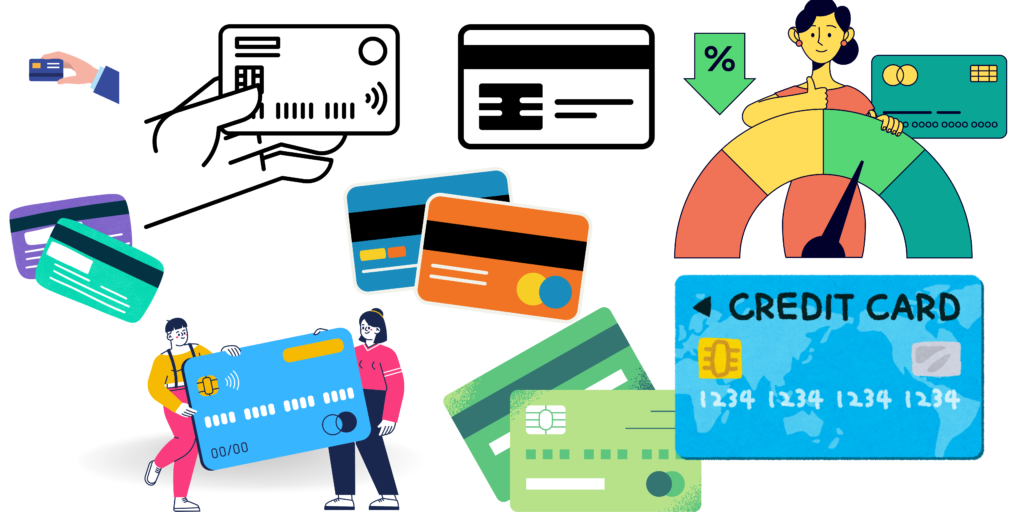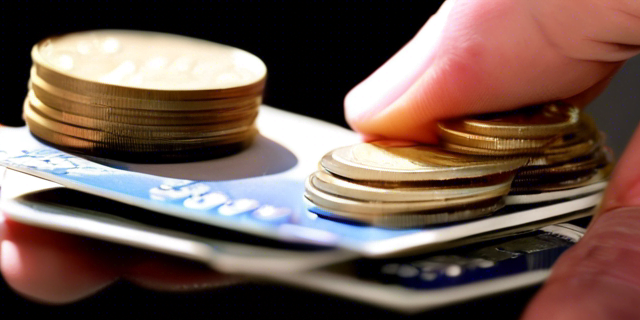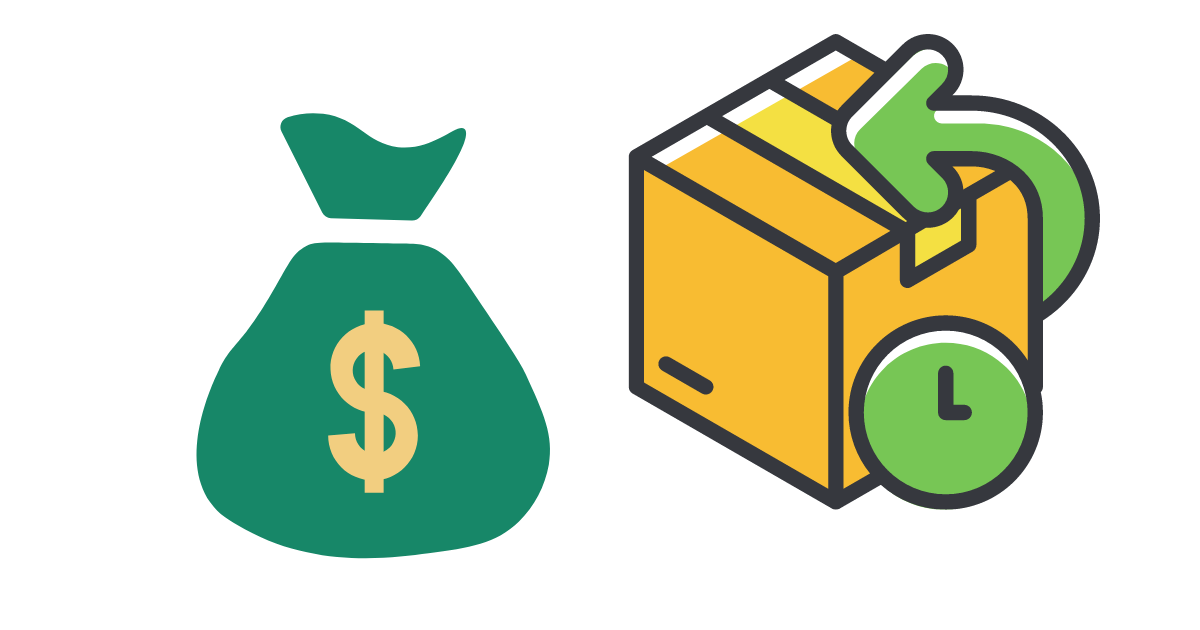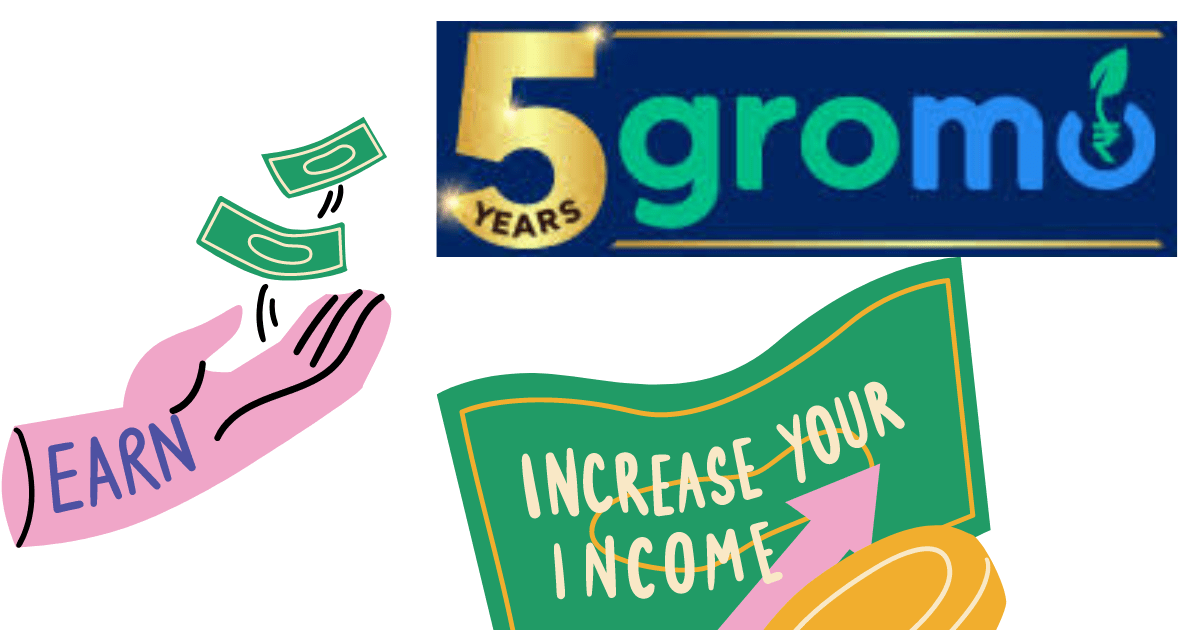Build Credit Score with a Secured Credit Card
Embarking on the journey to financial wellness, one crucial step is understanding and improving your Build Credit Score with a Secured Credit Card. For many, this can seem like a daunting task. However, there’s a powerful tool that often goes underappreciated in this quest: the secured credit card. Unlike its more familiar counterpart, the unsecured credit card, a secured credit card requires a deposit that serves as collateral.
This unique feature makes it an ideal candidate for those looking to establish or rebuild their credit. By responsibly using a secured credit card, you can gradually improve your credit score, opening doors to better interest rates, loan opportunities, and financial health. In this blog, we’ll explore how a secured credit card works, its benefits, and strategies to maximize its potential for your credit-building journey. So, buckle up and prepare to take control of your financial future with this insightful guide!
Benefits of Using a Secured Credit Card

Building or boosting your credit score may seem like a daunting task, especially if you’re recovering from past financial mistakes or just starting your financial journey. This is where a secured credit card becomes an invaluable tool. Unlike traditional credit cards, a secured card requires a deposit that serves as your credit limit, minimizing the risk for the issuer and making it more accessible for individuals with less-than-ideal credit histories. Let’s delve into the advantages of utilizing a secured credit card.
Establishing or Rebuilding Credit Score
One of the primary benefits of a secured credit card is its role in establishing or rebuilding your credit score. Since the activity on these cards is reported to the major credit bureaus, responsible use can directly influence your credit standing. By simply making regular purchases and promptly paying off your balance, you’re demonstrating financial reliability, which reflects positively on your credit report. Over time, this responsible behavior can substantially increase your credit score, opening the door to more favorable credit opportunities in the future, such as unsecured cards with higher limits and better rewards.
Valuable Tool for Young Adults and Financial Mistakes
For young adults with no credit history or individuals working to move past financial missteps, a secured credit card is an essential tool. It serves as a controlled environment where you can learn the ins and outs of credit management without the high risk of accruing unmanageable debt. Whether it’s your first foray into credit or a step towards redemption, a secured credit card offers a structured path to financial health. By starting small and demonstrating consistent, responsible credit behavior, you create a solid foundation for your credit history, which can be instrumental in achieving long-term financial goals.
Responsible Management of a Secured Credit Card

The benefits of a secured credit card can only be fully realized through responsible management. Understanding the nuances of how these cards work and adopting healthy credit habits can go a long way in improving your financial health and credit score. Let’s break down the key aspects of responsible secured credit card management.
Understanding Deposit Requirements
The first step toward responsible management is understanding the deposit requirements of your secured credit card. Typically, your initial deposit will range from a few hundred to a few thousand dollars and will directly reflect your credit limit. This deposit acts as a security for the card issuer, but it’s also your money. Therefore, it’s crucial to choose an amount you’re comfortable with and that aligns with your spending habits and budget. Keep in mind, though, that the primary goal is to build or repair your credit score, not to max out your new credit limit. Treat your deposit and credit limit as tools for demonstrating creditworthiness, not as an extension of your income.
Making Timely Payments
The cornerstone of effective credit management, especially with a secured card, is making timely payments. Late payments can severely impact your credit score, negating any positive progress you’ve made. To avoid this, set up payment reminders or automatic payments for at least the minimum amount due each month. However, it’s highly advisable to pay off the full balance whenever possible to avoid interest charges and demonstrate excellent credit utilization. Timely payments showcase your reliability as a borrower, which is a critical factor in improving your credit score and overall financial health.
Monitoring Credit Utilization
Credit utilization—how much of your available credit you’re using—is another vital factor in credit score calculations. A general rule of thumb is to keep your utilization below 30% of your credit limit. For a secured credit card, this means if you have a $500 credit limit (based on your deposit), you should aim to keep your balance under $150. High utilization can signal to lenders that you’re overly reliant on credit, which can negatively affect your credit score. Regularly monitoring your credit utilization and keeping it in check demonstrates good credit management and contributes to a healthier credit profile.
By embracing the benefits of a secured credit card and adhering to responsible management practices, individuals can significantly improve their credit scores and pave the way for a stronger financial future. Whether you’re starting from scratch or recovering from past credit challenges, a secured credit card can be a stepping stone to achieving your financial objectives and unlocking new opportunities for growth and stability.
Impact of Secured Credit Card on Credit Score

Using a secured credit card wisely is like holding a magic wand that can transform your credit invisibility into a noticeable presence on the credit scene. It’s not an overstatement to say that a secured credit card is a powerful tool in building or rebuilding one’s credit score, provided it is used with care and responsibility.
Positive Effect on Credit Score
When you obtain a secured credit card, you’re essentially providing a safety net to the lender through a cash deposit, which is usually the same amount as your credit limit. This security makes it easier for individuals with no credit or low credit scores to get approved. But the real magic happens when you start using it.
Making purchases and paying off your balance on time or, better yet, in full each month showcases responsible credit behavior. Regular, on-time payments are reported to the credit bureaus, positively impacting your credit score over time. Essentially, your good habits serve as evidence that you’re managing your credit wisely, which is a green flag for potential lenders and can help elevate your credit score. 7 Guaranteed Ways To Improve Your CIBIL Score…..
Factors Affecting Credit Score Improvement
While secured credit cards offer a pathway to credit improvement, several factors influence how rapidly and effectively one’s score improves:
– Payment History: This is the heavyweight champion of factors, making up a significant portion of your credit score. Late or missed payments can severely damage your score, so it’s crucial to pay at least the minimum due each month, on time.
– Credit Utilization Ratio: This measures how much of your available credit you’re using. Keeping your balance low compared to your credit limit is perceived positively, ideally below 30%. High utilization can signal to lenders that you’re over-reliant on credit, potentially hurting your credit score.
– Length of Credit History: The longer you maintain accounts in good standing, the better. While this takes time, keeping your secured card active and in good standing can contribute positively over the long term.
– Credit Mix: Having a variety of credit types (e.g., installment loans, credit cards) can benefit your score. However, it’s not advisable to open multiple accounts hastily; this aspect of credit scoring is better addressed naturally and cautiously over time.
Tips for Improving Financial Well-Being
Beyond just boosting your credit score, taking control of your financial well-being establishes a foundation for a stable and prosperous future. Let’s explore some cornerstone strategies.
Budgeting and Tracking Expenses
The bedrock of personal financial health is a well-structured budget complemented by vigilant expense tracking. A budget acts as a blueprint for your finances, outlining your income versus your expenditures, and helps ensure that you live within your means.
– Start by assessing your monthly income and expenses. List all sources of income on one side and all expenses, including bills, groceries, entertainment, and savings on the other.
– Categorize your expenses to understand where your money goes. Some apps and tools can automate this process by linking to your bank account and categorizing transactions for you.
– Set realistic limits for variable expenses (like dining out or entertainment) to ensure you’re not overspending in one area and compromising another.
– Review and adjust your budget monthly. As your financial situation changes, so too should your budget. This ongoing adjustment process ensures that your budget remains an effective tool for managing your finances.
The discipline of tracking and categorizing where every dollar goes may initially seem tedious, but over time it becomes second nature and is invaluable in forging a path to financial stability.
Building an Emergency Fund
One of life’s few certainties is its unpredictability. An emergency fund acts as a financial buffer that can help you handle unexpected events (like car repairs, medical emergencies, or job loss) without derailing your finances or forcing you to resort to high-interest credit options.
– Start small, even if it’s just $20 from each paycheck. The goal is to build up to an amount that can cover three to six months’ worth of living expenses.
– Keep your emergency fund in a separate savings account to avoid the temptation of dipping into it for non-emergencies.
– Automate your savings. Setting up an automatic transfer to your emergency fund can help make saving effortless and ensures that it doesn’t get overlooked.
Having this financial cushion can provide peace of mind and significantly reduce stress when faced with unforeseen expenses.
Seeking Financial Guidance
No matter where you find yourself on your financial journey, there’s always more to learn. Seeking financial advice and utilizing resources can provide new insights and strategies for managing your money more effectively.
– Consult with a financial advisor. They can provide personalized advice tailored to your specific financial situation.
– Leverage online resources and tools. There’s a wealth of information available online, including blogs, financial planning tools, and calculators, all designed to help you make informed financial decisions.
– Consider attending workshops or seminars on personal finance. Many communities and institutions offer free or low-cost events aimed at improving financial literacy.
Embracing a mindset of continuous learning and seeking guidance when needed can empower you to make smarter financial decisions, ultimately enhancing your overall financial well-being.
In summary, securing and responsibly managing a secured credit card can significantly influence your credit score positively, laying a foundation for a healthier financial future. Alongside, adopting foundational financial habits like budgeting, building an emergency fund, and seeking financial education can unlock doors to financial stability and success. Remember, the journey to financial well-being is a marathon, not a sprint. With patience, diligence, and the right strategies, you can achieve a robust financial health that supports your life goals and dreams.
Conclusion
Improving your credit score might seem daunting, but remember, with a bit of patience and discipline, anyone can enhance their financial health. A secured credit card is a powerful tool in your journey towards better credit. By making timely payments, keeping your balance low, and understanding how credit works, you lay down a solid foundation for financial stability.
Remember, the ultimate goal is not just to improve your credit score but to maintain good financial habits that will serve you well throughout your life. Start small, think big, and watch your credit grow alongside your financial confidence. Remember, every step you take towards improving your credit score opens up new doors of opportunity—be it easier approval for loans, lower interest rates, or more favorable terms on financial products. Let your secured credit card be the stepping stone towards a brighter financial future.

















